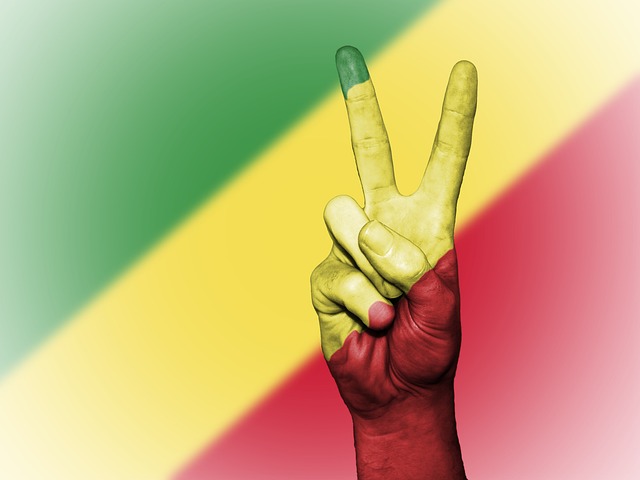Democratic philosophy, at its core, seeks to understand the fundamental principles of human coexistence, governance, and collective decision-making. As we navigate the complexities of the modern world, this philosophy invites us to consider not just the ideals of democracy, but also how they can be informed by scientific inquiry and contemporary philosophical thought.
In the realm of science, the empirical method teaches us to observe, hypothesize, and test our ideas. This approach becomes integral when we explore democratic philosophy. For instance, by studying societal behaviors through the lens of behavioral economics, we can better understand how individuals make choices within a democracy. This scientific perspective prompts us to question traditional views on rationality. Are individuals always acting in their best interest, or are they influenced by cognitive biases and emotional responses? Such inquiries not only refine our understanding of political systems but also align with the pragmatist approach of seeking ideas that work in real-world contexts.
Modern philosophy adds another layer to this exploration. Thinkers like John Dewey and Jurgen Habermas emphasized the importance of communication and deliberation in democracy. Dewey’s idea of democracy as a way of life highlights the role of public discourse in shaping collective values and decisions. Meanwhile, Habermas’ concept of the “public sphere” encourages open dialogue among citizens, paving the way for informed consensus rather than mere voting. This dialogue aligns with the scientific pursuit of knowledge, as it relies on sharing and testing ideas collectively.
The intersection of democratic philosophy with science and modern thought encourages a dynamic approach to governance. It emphasizes adaptability and learning from outcomes, resonating deeply with pragmatism. Just as scientific theories evolve based on new findings, our understanding and implementation of democratic principles should evolve as well. This viewpoint ensures that democracy is not a static set of rules but a living, breathing system that responds to the needs and concerns of its citizens.
As we delve deeper into the exploration of democratic philosophy through science and modern philosophy, we are reminded that democracy is about more than just structures and processes; it is about the people it serves. Engaging in open conversations, seeking diverse perspectives, and questioning our assumptions are vital to nurturing a healthy democratic society. In embracing these principles, we pave the way for a more equitable and just world, one that reflects the collective aspirations of its members.
Ultimately, by looking at democratic philosophy through the prisms of science and modern thought, we not only honor the tradition of democratic ideals but also ensure they adapt and thrive in an ever-changing global landscape. This fusion invites us to remain curious, critical, and committed to a democracy that is inclusive, thoughtful, and reflective of the diverse voices within it.




